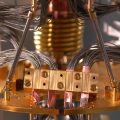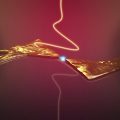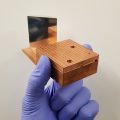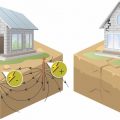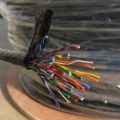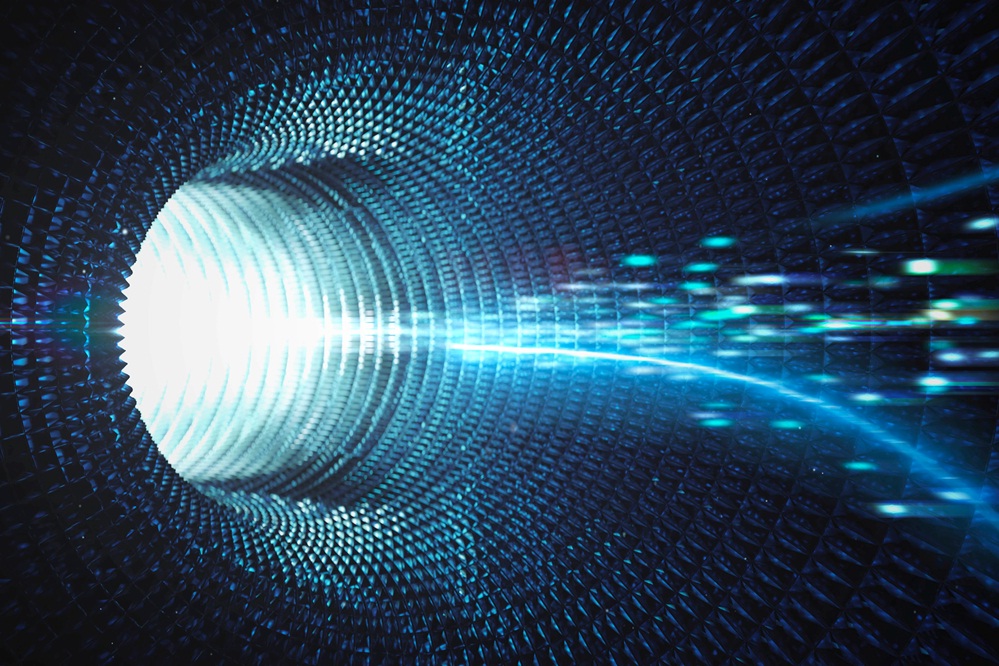
Researchers have developed an autonomous sensor that can work without recharging thanks to the effect of tunneling quantum particles.
One of the main ways to reduce the energy consumption of electronic devices is to reduce their size.However, when nanometer scales reach their work begin to be influenced by the bizarre laws of quantum physics.Scientists from Washington University in St. Louis have found a way to use the tunnel effectto achieve their goals.
A team of engineers has developed a piezoelectricaccelerometers with autonomous power, which generates electricity fromany mechanical energy, including the movement of molecules in the air.two transistors, four capacitors that hold a small discharge of about 50 million electrons each, and a converter connected to the measurement object (in this case, micromovement in the environment).
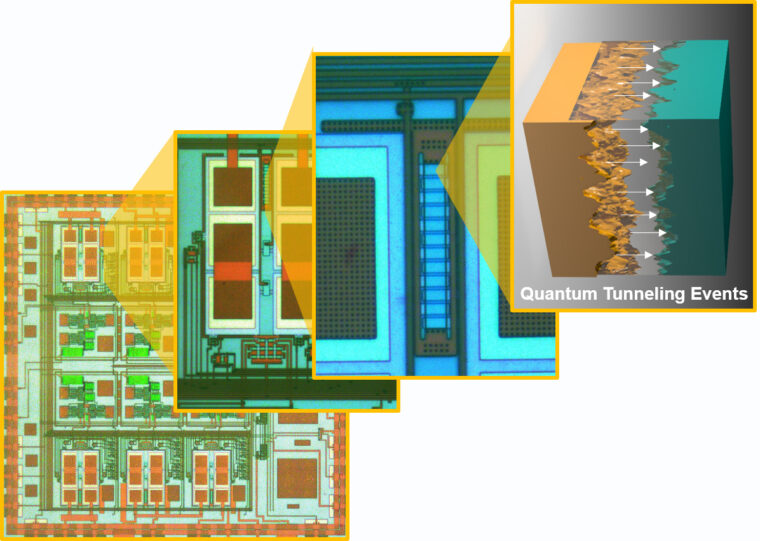
After the initial shake of the device,transformation of mechanical energy and movement of electrons. However, they were slowed down by a barrier less than 100 atoms thick located between the capacitor and the semiconductor material. At the same time, the flow did not stop completely, but only slowed down, since according to the laws of quantum physics, particles can tunnel through such barriers.
This effect allows you to adjust the number of electrons moving through the barrier, depending on the energy being converted and the minimum required level of device consumption.
One transistorium two capacitors were connected to the sensor, and the rest elements to the reference system.Both systems were designed to allow electrons to tunnel at the same speed, equally depleting their capacitors without external influence.Experiments have shown that due to the initial initial shake-up of energy, the accelerometercontinued to work fully throughout the year.
According to the developers, the existing platform is universal and suitable for any data recorder sensors.
Recall that last year, scientists also presented a project for a quantum battery that does not lose charge.
text: Ilya Bauer, photo: Yuichiro Chino Getty Images, Chakrabartty Lab at Washington University in St. Louis
